
Kawhi Leonard Launches Unexpected Attack in Salary-Cap Battle—Who’s Really at Fault?
Kawhi Leonard, the marquee player for the Los Angeles Clippers, finally broke his silence during Monday’s media day, stepping directly into the eye of a brewing storm that has swirled around his ties to a controversial team sponsor. For the first time, Leonard addressed head-on the accusations claiming he inked a contract with Aspiration, a now-defunct sustainability company, which purportedly compensated him beyond his official player salary — money allegedly funneled through the Clippers in a way that skirts NBA salary cap rules. Far from a meek response, Leonard called the whole saga a circus of baseless “conspiracies,” pointing fingers squarely at Aspiration’s fraudulent collapse as the real source of distrust and turmoil. He made it crystal clear: he’s standing firm — to defend not just his own name but the integrity of the Clippers and their owner, Steve Ballmer. But beneath the surface lies a complex legal labyrinth involving possible violations of the NBA’s collective bargaining agreement, where the stakes include hefty fines, suspensions, and even contract termination. As this investigation unfolds, Leonard’s determined rebuttal and the shadow cast by Aspiration’s bankruptcy shake up the narrative — raising the question: will the courts of public opinion and the NBA’s disciplinary process see through these allegations, or will this become the latest scandal to haunt the franchise for years to come? LEARN MORE

Los Angeles Clippers star Kawhi Leonard’s comments at his team’s media day on Monday marked the first time he’s addressed allegations he signed a contract with a team sponsor with the understanding the compensation reflected payments on behalf of the Clippers that were in addition to his player salary.
Leonard ridiculed the allegations as far-fetched “conspiracies” that further “clickbait” schemes, and he underscored how the sponsor company engaged in “fraud” and shouldn’t be trusted. In doing so, the star player made clear he’ll fight to preserve the reputation of the Clippers, team owner Steve Ballmer and himself.
The allegations center on how in 2022, Clippers team sponsor Aspiration, a now-bankrupt sustainability services company with whom Ballmer and minority Clippers owner Dennis J. Wong invested millions of dollars, signed Leonard to a four-year, $28 million deal. The parties allegedly understood Leonard didn’t have to perform services in exchange for pay and that the deal would end if the Clippers traded Leonard. The allegations were made on the Pablo Torre Finds Out podcast, with additional reporting by the Boston Sports Journal and Toronto Star.
If proven, the allegations strongly suggest the Clippers violated Article 13 of the collective bargaining agreement.
Article 13 prohibits “any agreements” of “any kind” that are “express or implied, oral or written” or “understandings of any kind” in which the team uses a sponsor or business to circumvent the cap by paying a player money that exceeds his contract.
The Clippers signed Leonard to a four-year, $176.3 million max contract in 2021, but if Aspiration paid Leonard extra on behalf of the Clippers, the Clippers would have violated Article 13. Potential punishments would include fines, suspensions, forfeiture of draft picks and termination of Leonard’s contract with the Clippers.
A finding of cap circumvention would also effectively brand Ballmer, Leonard and others as cheaters—an ignoble distinction and figurative scarlet letter they’d carry for the rest of their NBA careers.
Leonard said the allegations are factually wrong and suggested Aspiration’s bankruptcy and fraudulent acts are overlooked factors.
To that point, Leonard said he understood the terms of the Aspiration contract “and the services that I had to do.” His reference to “services” is significant, because it signals the deal obligated him to perform acts and was not a do-nothing, gift-like arrangement.
Leonard also stressed how Aspiration “went bankrupt” and how he and others “knew” that development would invite controversy. According to court filings from March 31, Aspiration owes Leonard a lot of money—about $7 million. The company also allegedly owes the Clippers and the Boston Red Sox $30.1 million and $5 million, respectively.
Leonard further described Aspiration going “belly up” as a reflection of “fraud.” Last month, Aspiration co-founder Joseph Sanberg agreed to plead guilty to wire fraud. According to the Justice Department, Sanberg deceived investors and lenders.
It’s not surprising that Leonard repeatedly referenced “fraud.” If allegations against the Clippers are based on statements and materials provided by Aspiration officials, Leonard and the team can more persuasively argue the accusers and the materials stem from fraudulent operations and thus shouldn’t be trusted. In law, the tactic of claiming an accuser is unreliable or untrustworthy is known as impeaching the witness. It could prove crucial for Leonard and the Clippers.
That brings the discussion to the NBA. The league is investigating the allegations and has retained a law firm, Wachtell, Lipton, Rosen & Katz, to assist.
The NBA could rely on circumstantial evidence, meaning indirect proof that is reliable enough to draw inferences, to find the Clippers guilty. Along those lines, the NBA doesn’t need an email or contract referencing a conspiracy between the Clippers and Aspiration. A mere “understanding,” which is a low threshold and can refer to an informal, shared perception, would be sufficient.
At the same time, NBA commissioner Adam Silver has cautioned that while the NBA is not a court of law—with accompanying procedures and formalized protections for the accused—he’s going to be fair. A seasoned attorney, Silver values foundational safeguards emphasized in law school and at providers of legal services. He has referenced that reliable evidence will be necessary for the league to conclude the Clippers broke the rules and that due process matters in reaching such a determination.
Those factors don’t mean the NBA will clear the Clippers, but they do mean Silver will need to be convinced that allegations are based on trustworthy sources and corroborated evidence that withstands scrutiny.
That’s why Leonard’s comments are important: He’s presenting a rebuttal to the allegations and raising questions about the sources. Whether he and the Clippers win the case remains to be seen.



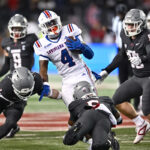



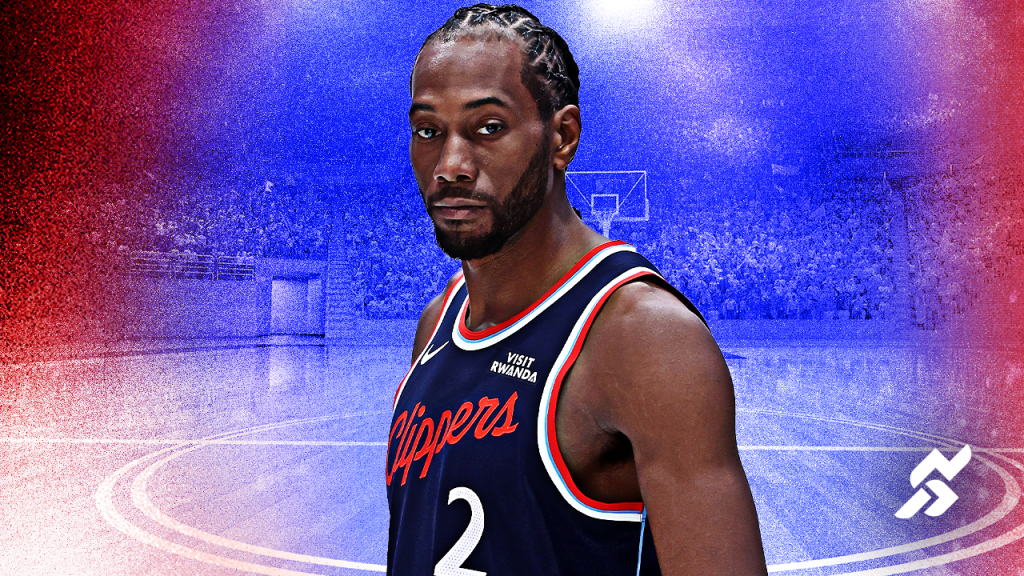
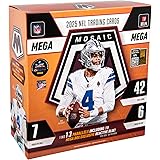
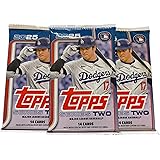




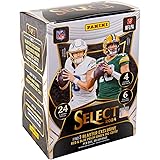


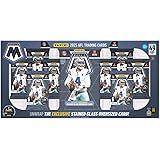
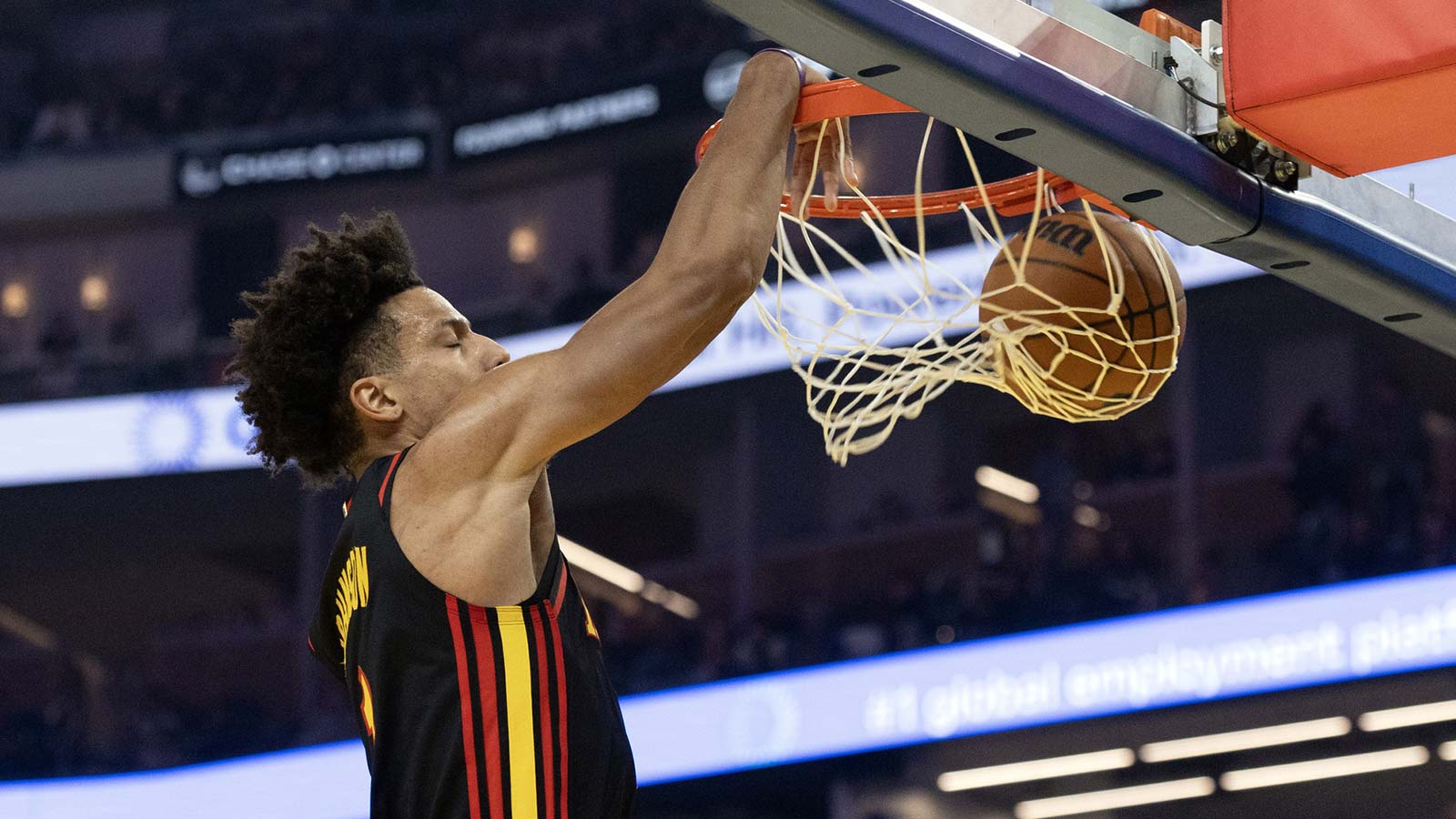
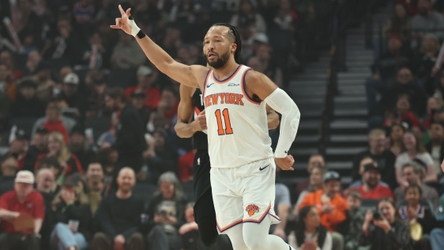
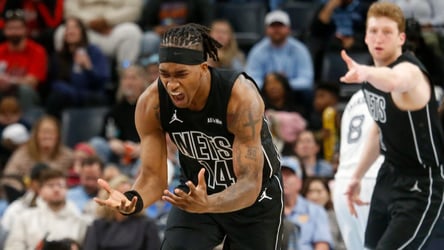
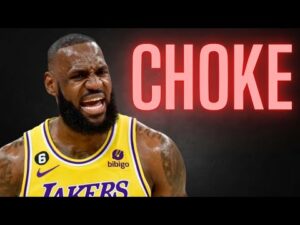

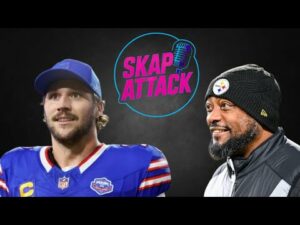
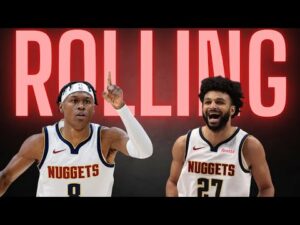
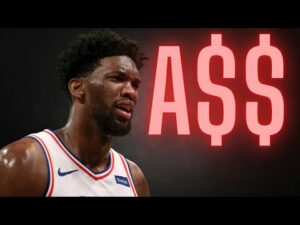
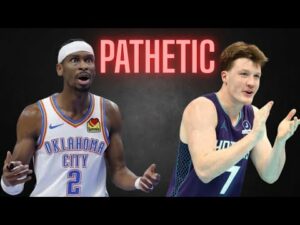
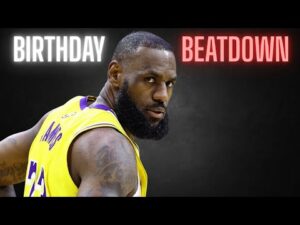
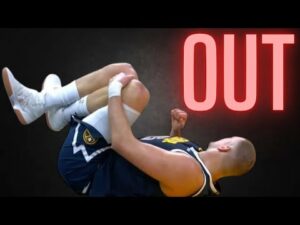




Post Comment